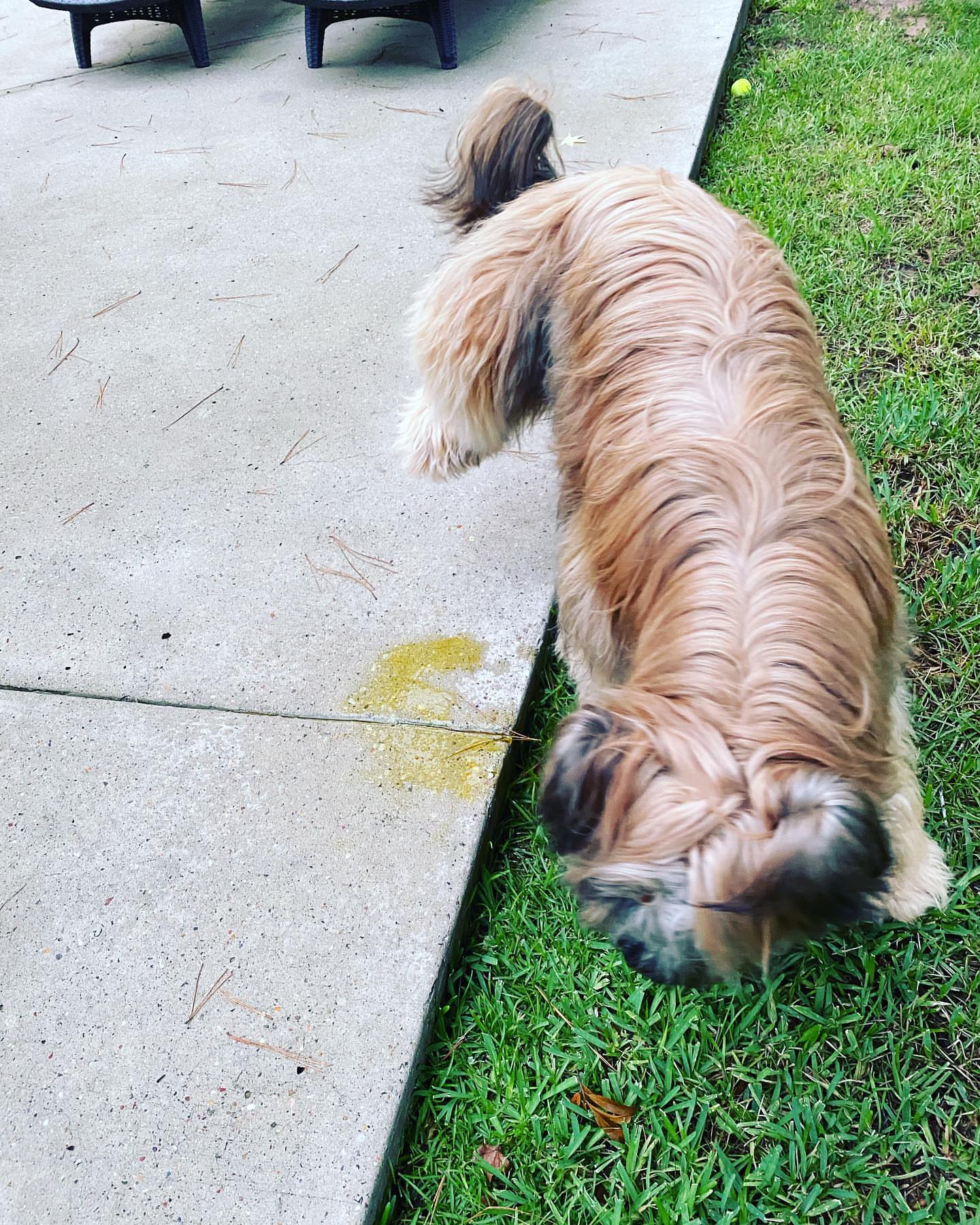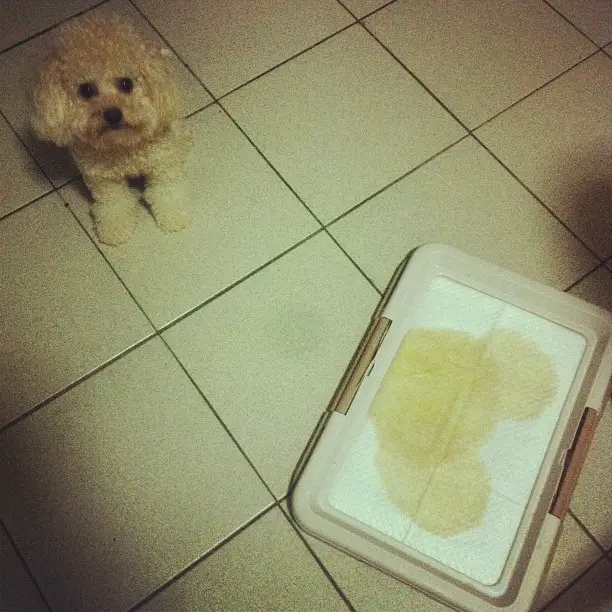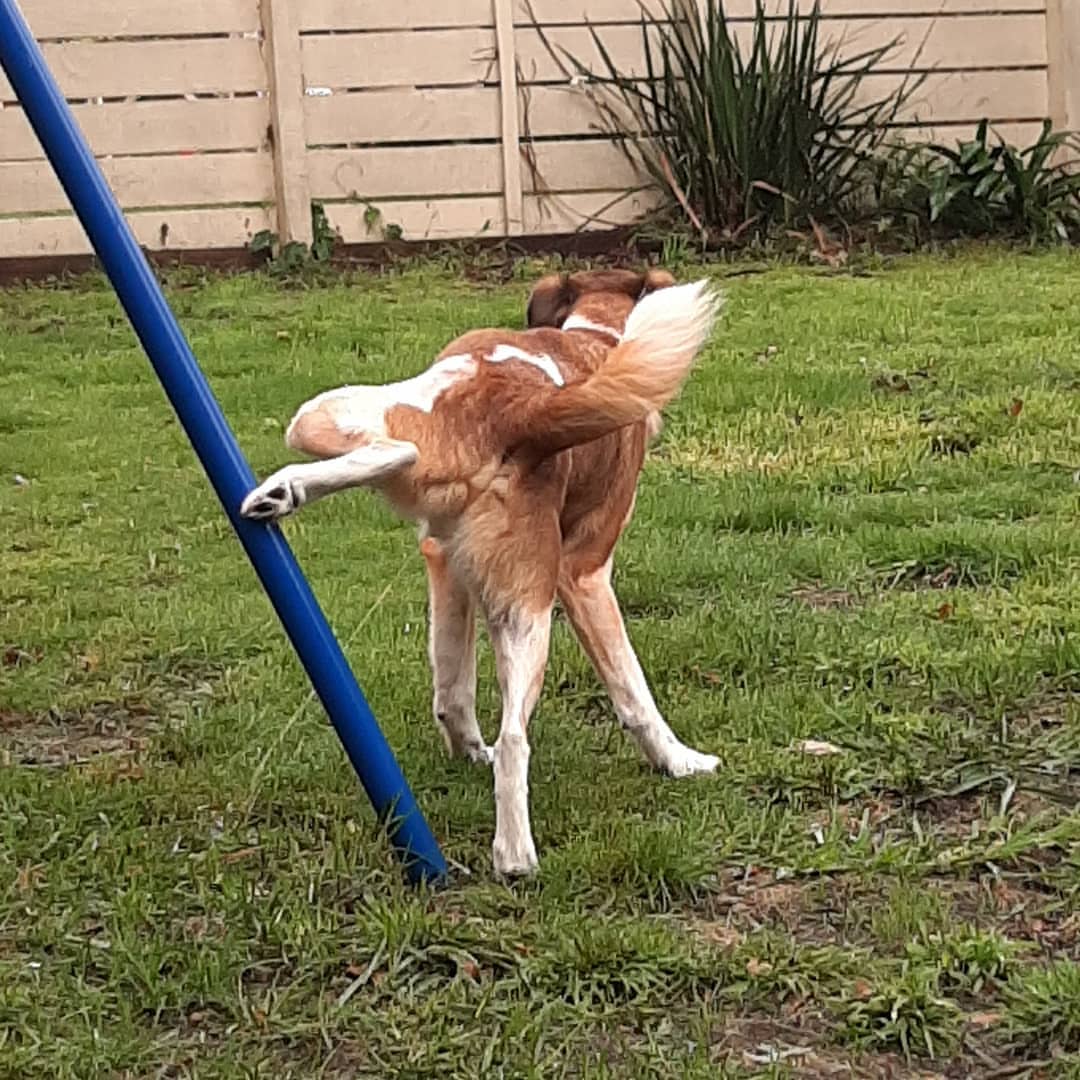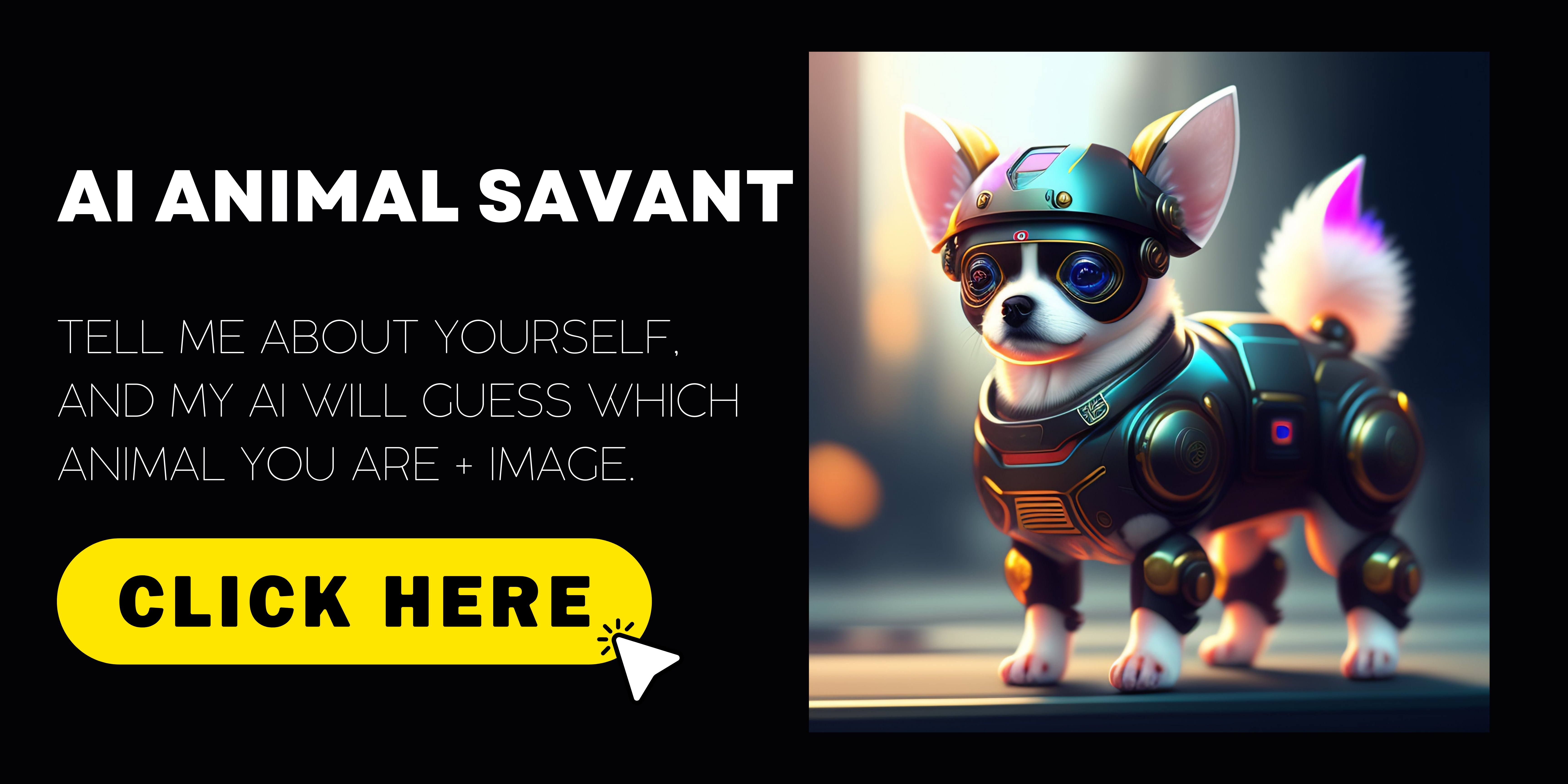As responsible dog owners, we are attuned to every aspect of our furry companions’ health. So, when we notice changes in their urine, it can understandably raise concerns. One such change that may cause alarm is sticky urine. Sticky urine in dogs is a topic that often leaves pet owners puzzled and seeking answers. Understanding the significance of observing changes in urine and being aware of potential causes is crucial for monitoring our dogs’ health effectively. In this blog post, we will delve into the world of sticky urine in dogs, exploring possible causes and shedding light on when it is necessary to seek veterinary assistance.
The observation of our dogs’ urine can offer valuable insights into their overall health and well-being. Normal urine in dogs should be clear, pale yellow, and devoid of any stickiness. Any alterations in urine consistency, such as stickiness or unusual texture, may indicate an underlying issue that requires attention and proper care.
The purpose of this blog post is to address the concerns surrounding sticky urine in dogs and provide you with a better understanding of its possible causes we will explore various factors that can contribute to sticky urine and help you determine when it is essential to consult a veterinarian.
By delving into the topic, we aim to empower dog owners with knowledge and equip them with the necessary information to ensure their pet’s health and happiness. Remember, being observant and proactive in monitoring your dog’s urine can play a crucial role in early detection and treatment of potential health concerns. Let’s unravel the mystery of sticky urine and navigate the path to optimal pet care together.

Normal Urine Composition and Appearance
To understand the significance of sticky urine in dogs, it’s essential to first establish what normal urine should look like. Normal dog urine is primarily composed of water, waste products, and various chemicals eliminated by the body. It should typically have a clear appearance and be pale yellow in color. Normal urine is not sticky and flows freely without any unusual consistency.
Emphasize that normal urine serves as a reflection of a dog’s overall health. Changes in urine consistency or stickiness can be an indication of an underlying issue that requires attention. Therefore, it’s important for pet owners to be observant and proactive in monitoring their dog’s urine to detect any abnormalities.
You may like: German Shepherd Shih Tzu Mix.

Potential Causes of Sticky Urine
There are several potential causes that can contribute to sticky urine in dogs one common cause is high sugar levels in the blood which can result from conditions such as diabetes mellitus when blood sugar levels are elevated excess glucose may be excreted in the urine leading to stickiness.
It’s important to note that sticky urine can also be associated with dehydration. When a dog’s body is lacking sufficient water, the urine becomes concentrated and may appear stickier than usual. Dehydration can occur due to factors such as inadequate water intake, excessive heat, or underlying health conditions.
In addition to high blood sugar levels and dehydration, other factors can contribute to sticky urine in dogs. These may include urinary tract infections, which can cause changes in urine composition and consistency. Certain medications, such as diuretics, may also affect urine concentration and potentially lead to stickiness.
You may like: Can Dogs Drink Oat Milk?
Diabetes and Sticky Urine
Diabetes can be a potential cause of sticky urine in dogs in diabetic dogs the body s ability to regulate blood sugar levels is compromised leading to elevated glucose levels in the bloodstream when the concentration of glucose becomes too high it can spill into the urine resulting in stickiness.
Sticky urine, accompanied by other symptoms, can be indicative of diabetes in dogs. Increased thirst and urination are common signs of diabetes as the body tries to eliminate excess glucose. Dogs with diabetes may also experience unexplained weight loss despite a normal or increased appetite. If you notice these symptoms alongside sticky urine, it’s crucial to consult a veterinarian for proper diagnosis and management.

Dehydration and Sticky Urine
Highlight the relationship between dehydration and sticky urine in dogs. When a dog is dehydrated, their body lacks the necessary fluids to properly dilute urine. As a result, the urine becomes more concentrated and may appear stickier than normal. Dehydration can occur due to various factors, including insufficient water intake, excessive heat exposure, prolonged physical activity, or underlying health conditions.
Proper hydration is essential for maintaining a dog’s overall health and ensuring normal urine production. Pet owners should provide fresh, clean water to their dogs at all times and encourage regular water intake. This is particularly important during warmer months or if the dog is engaging in physical activities that may lead to increased water loss through panting or sweating. Monitoring hydration levels and taking steps to prevent dehydration can help prevent sticky urine and promote optimal well-being in dogs.
By understanding the normal composition and appearance of urine, as well as the potential causes of sticky urine, pet owners can be better equipped to identify any changes in their dog’s urine that may require veterinary attention. In the next sections, we will discuss additional causes of sticky urine and provide guidance on when to seek professional assistance for further evaluation and treatment.
You may like: German Shepherd Shih Tzu Mix.
Other Potential Health Issues
While diabetes is one possible cause of sticky urine, it’s essential to consider other health conditions that may contribute to this symptom. Kidney disease, for example, can impact the urine’s composition and consistency, potentially leading to stickiness. Urinary tract infections can also cause changes in urine, including stickiness, along with additional symptoms such as changes in appetite, lethargy, or discomfort during urination.
It’s important to note that these conditions may have overlapping symptoms, making it necessary to consult a veterinarian for a comprehensive evaluation and accurate diagnosis.

Conclusion:
In conclusion, sticky urine in dogs is not a normal occurrence and may indicate an underlying health issue. Understanding the normal composition of urine and recognizing changes in consistency is vital for monitoring your dog’s health. Diabetes can cause sticky urine due to elevated glucose levels, accompanied by increased thirst, frequent urination, and weight loss.
Additionally, other health conditions like kidney disease or urinary tract infections can contribute to sticky urine, often accompanied by other symptoms such as changes in appetite, lethargy, or discomfort during urination. If you observe sticky urine or notice concerning symptoms in your dog, it’s crucial to seek veterinary assistance. Veterinarians are best equipped to provide accurate diagnoses and develop appropriate treatment plans based on your dog’s specific needs.
By being observant and proactive, you can ensure the well-being of your furry friend and address any potential health concerns promptly. Remember, your veterinarian is your trusted partner in maintaining your dog’s health and happiness.





